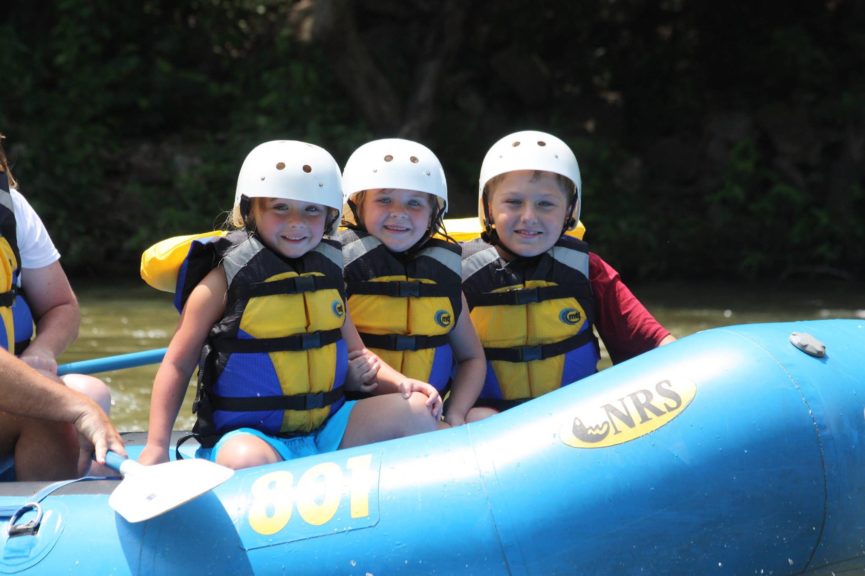Last Child in the Woods is the first book to bring together a new and growing body of research indicating that direct exposure to nature is essential for healthy childhood development and for the physical and emotional health of children and adults.
I first noticed something different when I went to my friend Ethan’s house in the fourth grade – we would spend time outdoors playing, but most of our time was spent inside watching television or playing video games. This experience was vastly different than at my house. Friends did not enjoy coming to my house because I did not have a game system or more than ten television channels. In fact, my father would not even let me go on the school field trip to the amusement park, but instead, he would take me canoeing and fishing in the nearby Sumter National Forest.
I have always wondered about the importance my family placed on time in nature until I read Last Child in the Woods by Richard Louv. In his book, Louv describes what he calls Nature Deficit Disorder. The disorder he describes is one that cannot be controlled via medication or even more exercise. In fact, Louv repeatedly states that exercise in itself is not the solution, although it can help. The problem that Louv presents is that children, adults, and really people as a whole, are generally unhealthy. This “unhealthiness” comes from being so immersed in “digitized” life that people can no longer interact on a genuine intimate level with anyone or anything.
So, what is needed to resolve this problem? The solution is much simpler than we ever could imagine – we as a country need time outdoors! This time is not “more exercise” or “more sports”, but time looking at a night sky in wonder, time walking in a park or the woods, or time staring at a waterfall in amazement. This time needs to be spent by ourselves so that we can let our creative minds carry us to other planets and time travel to worlds past, as well as time spent with others for learning teamwork and understanding natural order. The purpose of this time spent outdoors is counter intuitive to culture because it has no direct return, but this time must be invested for the health of our country, our culture, and our families.

